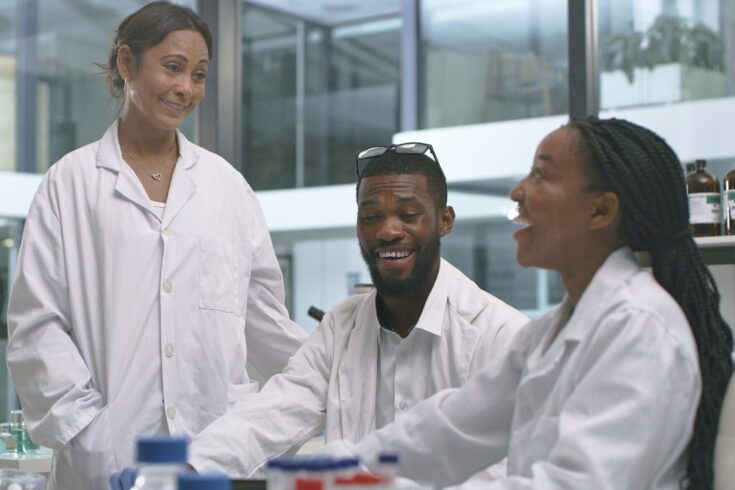In September 2022, we published our strategic delivery plan, in which we commit to strengthen our efforts to advance an open and collaborative research and innovation culture. The plan also recognises the importance of working with a wide range of partners and the biomedical health research community to build on and inform research culture frameworks and strategies.
Defining a positive research culture
Demonstrating that we are acting on our commitment is important for us at the Medical Research Council (MRC). For example, we’ve just launched a new funding model, the MRC Centres of Research Excellence. The new investments aim to foster challenge-led collaborative research in an environment which nurtures a positive research culture.
There have been many conversations in recent years about research culture, and the need for change has been clearly demonstrated. However, we haven’t explicitly identified the relevant ingredients and it is often assumed that everyone just knows what it is about.
To help understand what is meant by a positive research culture, I have found the Royal Society’s initiative, Research culture embedding inclusive excellence, very inspiring.
Their definition provides a good basis to build on:
Research culture encompasses the behaviours, values, expectations, attitudes and norms of our research communities. It influences researchers’ career paths and determines the way that research is conducted and communicated.
Embedding across our policies
As funders we have tried to embed these elements in our best research practice policies, as well as cross sector concordats. And more recently with the Agreement on Reforming Research Assessment. These can be organised across 3 key principles, stating that:
- research is conducted with integrity, centred on reproducibility, responsible innovation, collaboration, interdisciplinarity and multidisciplinarity
- research is communicated to maximise impact, built on transparency and openness, and partnership with the public
- career paths, and training environment, are provided to recognise a diversity of talents, skills, and outputs, and embrace team science as the way of working
Future considerations and support for applicants
Applicants for our new MRC Centres of Research Excellence will be invited to consider these principles and describe what they will do to establish and communicate:
- day to day behaviours
- expectations
- norms that signal ‘this is the way we do things around here’
We understand that activities will need to be built over time, supported by existing, institutional programmes. We are developing a framework which will support applicants in their thinking as they move from their outline to a full application. The approach to research culture will be unique to a particular investment, but at a minimum the following elements will be addressed:
- leadership
- team science
- good research practice and openness
- reward and incentives
- physical environment and infrastructure to nurture collaborations
- equality, diversity and inclusion
Looking forward to a positive future
A positive research culture is essential to deliver excellent research and we are taking the opportunity to embed this in the new funding model. I am really looking forward to new and innovative actions as they emerge to change our ways of working. Communities can learn from each other and co-develop best practice. We all have a role to play in building a positive research culture.
Find out more
Learn how UK Research and Innovation supports a healthy research and innovation culture.
Find out how we celebrate the diverse and broad impacts made by our research community through our MRC prize schemes. The new annual MRC Impact Prize recognises individuals and diverse teams that advance open science and team science. It also champions early-career researchers that are trailblazing change across the research culture and the wider research environment.




